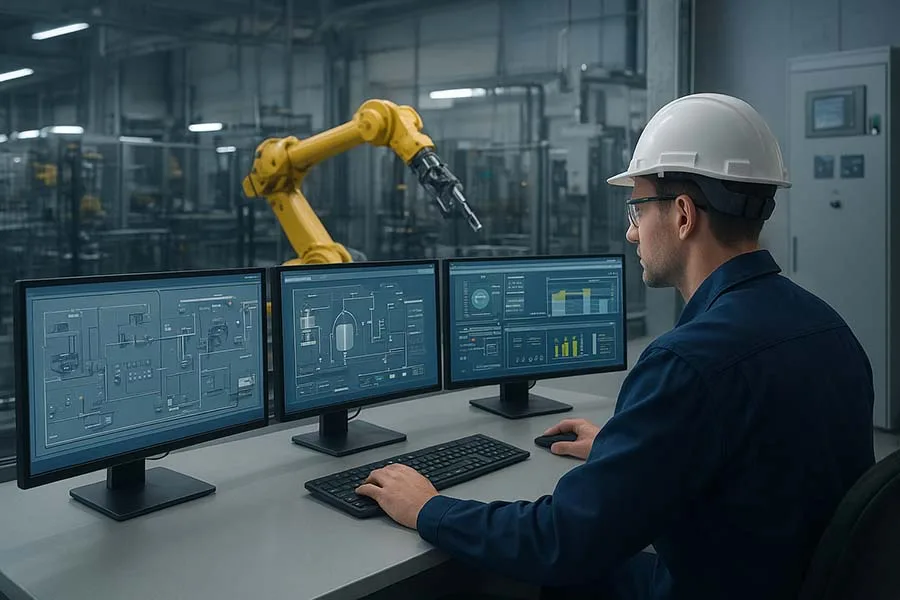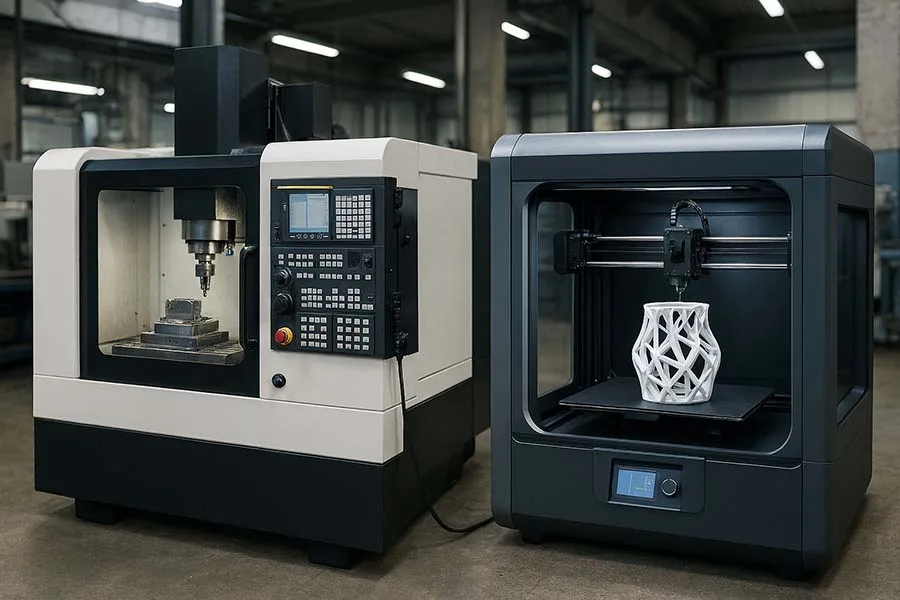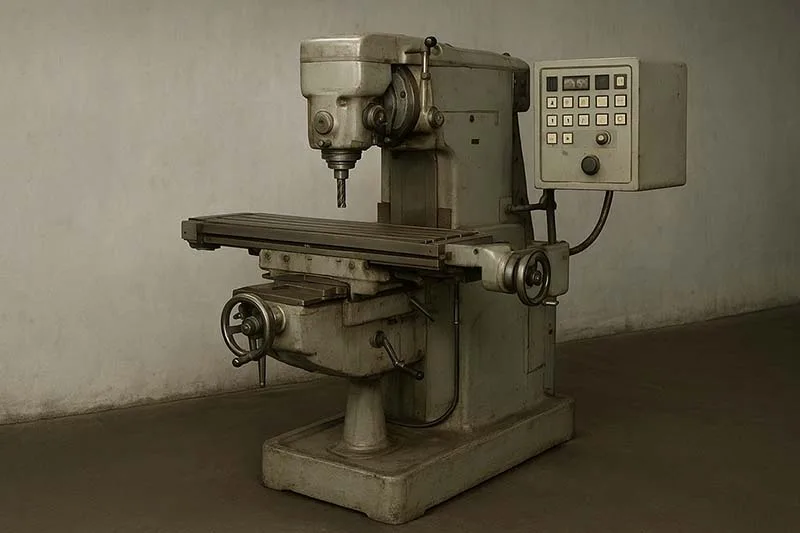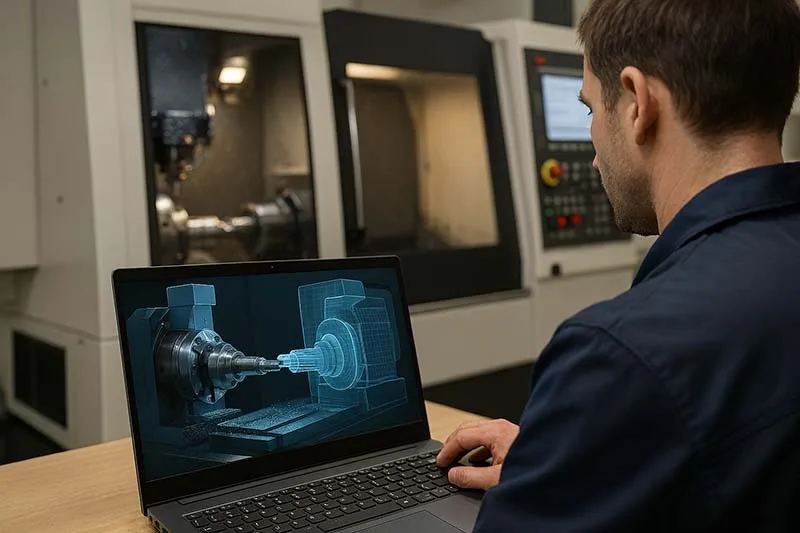Introduction
In today’s fast-paced industrial world, automated control systems (ACS) are the backbone of efficient, safe, and reliable operations. From automotive assembly lines to food processing plants, these systems ensure processes run smoothly with minimal human intervention. But what exactly are automated control systems, and why are they crucial for modern industry?
In this article, we’ll explore how these systems work, their types, components, benefits, challenges, and future trends, finishing with a practical FAQ section to answer common questions.
Key Components of Automated Control Systems
An automated control system is more than just a single device—it’s a network of components working together to monitor and control industrial processes. The main components include:
- Sensors – Detect variables like temperature, pressure, flow, or speed.
- Actuators – Execute commands, such as opening valves or moving robotic arms.
- Controllers – The brains of the system, often PLCs (Programmable Logic Controllers) or DCS (Distributed Control Systems).
- Human-Machine Interface (HMI) – Allows operators to monitor, control, and adjust the system.
- Software and Communication Networks – Facilitate data transfer, analytics, and system integration.
Together, these components provide real-time monitoring, precise control, and automated decision-making, significantly reducing human error.
Types of Automated Control Systems
Automation in industry can take various forms, depending on complexity, scale, and application. The main types include:
- PLC-Based Systems – Ideal for discrete manufacturing processes. Highly reliable and programmable.
- Distributed Control Systems (DCS) – Used in continuous processes like chemical plants or power generation. Offers centralized control and monitoring.
- SCADA Systems (Supervisory Control and Data Acquisition) – Focused on large-scale monitoring, often over remote locations.
- Hybrid Systems – Combine PLC, DCS, and SCADA elements for complex industrial environments.
Each system type serves specific needs, making the choice of automation system critical for operational efficiency.
Benefits of Automated Control Systems
Investing in automated control systems offers numerous advantages for industrial operations:
- Enhanced Efficiency – Automated systems reduce downtime and optimize process speed.
- Improved Safety – Dangerous tasks are performed by machines, protecting human operators.
- Consistent Quality – Automation ensures processes adhere to exact specifications.
- Data Collection and Analysis – Real-time data allows predictive maintenance and informed decisions.
- Cost Savings – Reduced labor costs, fewer errors, and optimized resource use improve ROI.
Fun Fact: Some industries now use AI-integrated ACS to predict equipment failures before they happen, saving millions annually.
Challenges and Considerations
Despite the benefits, implementing automated control systems comes with challenges:
- High Initial Costs – Setup and integration can be expensive.
- Complexity – Requires skilled engineers for maintenance and programming.
- Cybersecurity Risks – Connected systems are vulnerable to cyber-attacks if not secured.
- Integration with Legacy Equipment – Older machines may require retrofitting for automation.
Planning and professional implementation are essential to maximize benefits while minimizing risks.
Trends and the Future of Automated Control Systems
The future of industrial automation is exciting, driven by Industry 4.0 and beyond:
- AI and Machine Learning – Self-optimizing processes and predictive analytics.
- IoT Integration – Sensors and devices communicate over industrial networks for smarter operations.
- Edge Computing – Processing data locally for faster response times.
- Sustainable Automation – Energy-efficient systems reduce environmental impact.
Automation is no longer just about efficiency—it’s about intelligence, adaptability, and sustainability.
Automated Control Systems FAQ
Further Read
- Industrial Automation Solutions
- Industrial Automation Systems: The Backbone of Modern Industry
- Process Automation in Manufacturing: The Key to Smarter Production
- Automation Companies to Watch in 2025 and Beyond
- Automation Machines for Industry: Types, Benefits, and Future Trends
- Automated Material Handling Solutions: Benefits, Types & Future Trends
- Automated Control Systems
- Industrial Automation Solutions: Transforming Modern Manufacturing
- Warehouse Automation Tools: Boosting Efficiency in Modern Warehouses
- Intelligent Automation Technologies: The Future of Industry
- Automated Packaging Systems
- Automation Case Studies
- Automation Trends 2025: What’s Next for Industrial Innovation
Conclusion
Automated control systems are transforming modern industry, offering efficiency, safety, consistency, and data-driven decision-making. With careful planning, proper integration, and attention to cybersecurity, businesses can leverage ACS to gain a competitive edge in a fast-evolving industrial landscape.
Call to Action: Have you implemented an automated control system in your facility? Share your experiences and questions in the comments below, and don’t forget to share this guide with colleagues who might benefit from automation insights!





